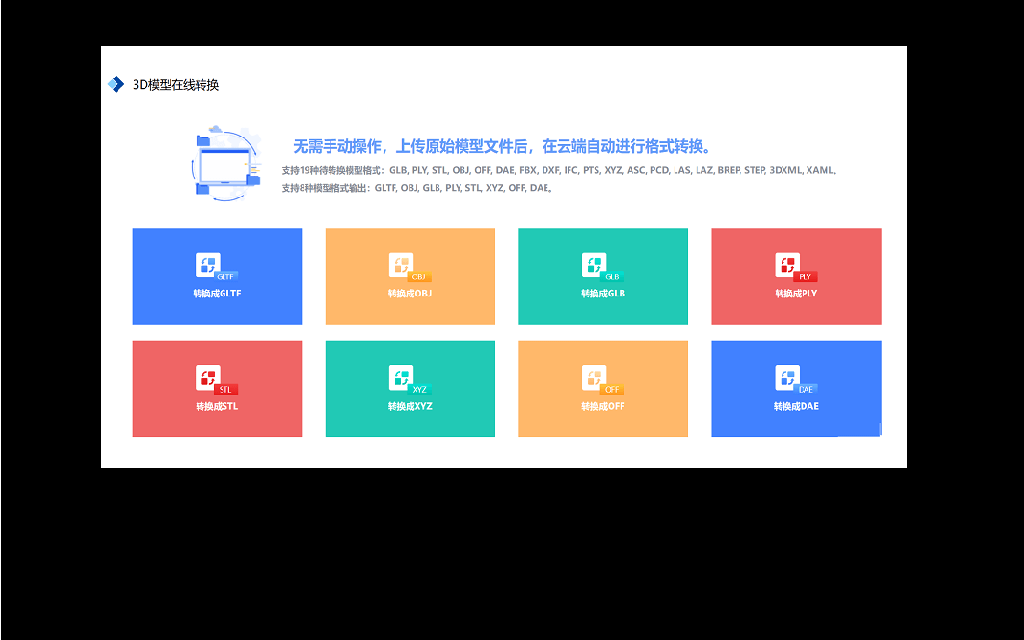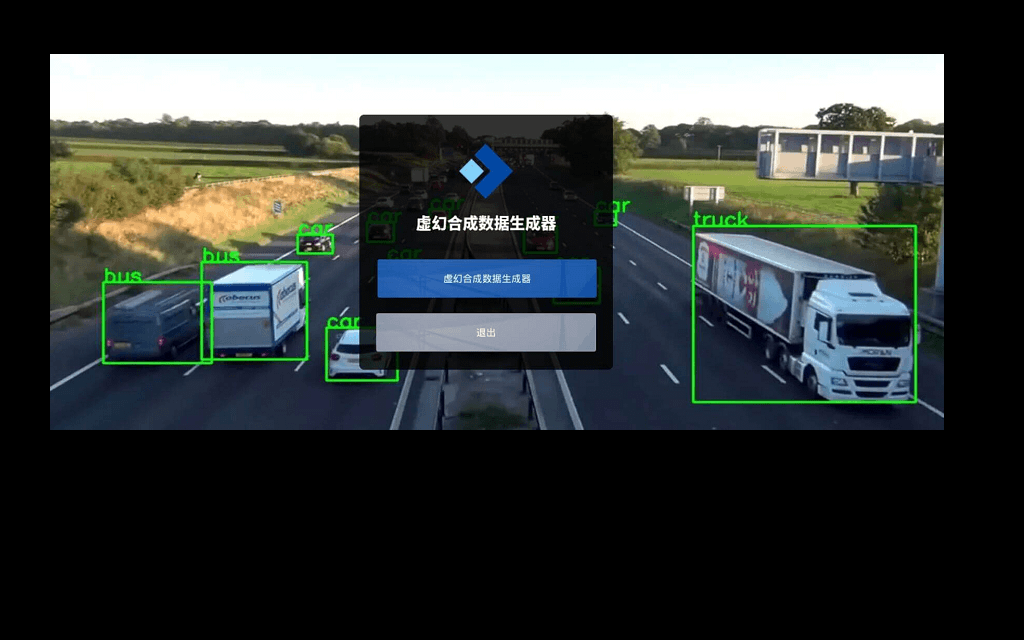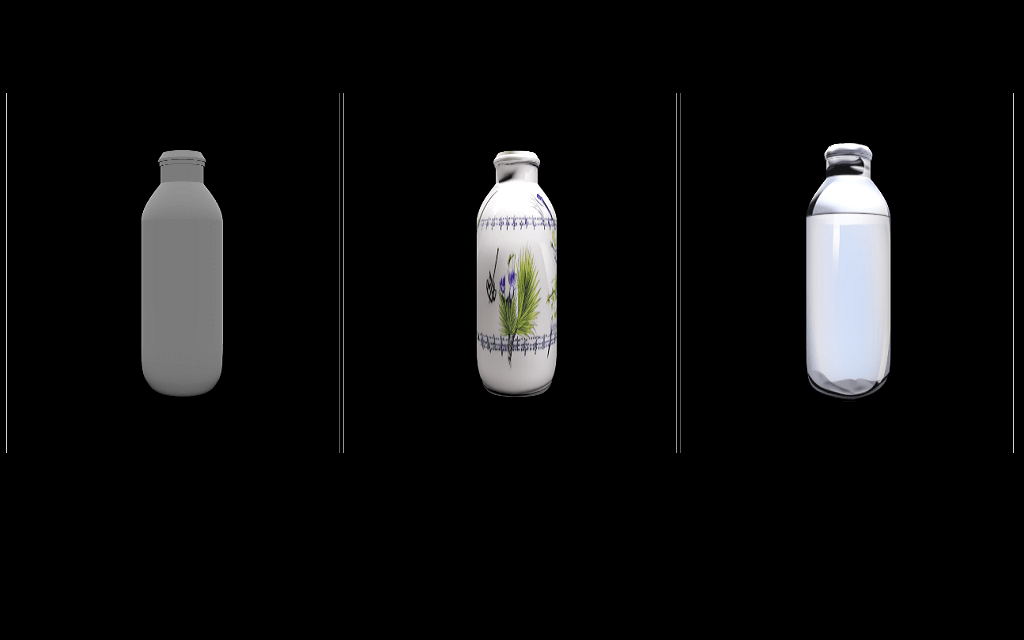Model Card for mt5-base-multi-label-all-cs-iv
<!-- Provide a quick summary of what the model is/does. -->
This model is fine-tuned for multi-label seq2seq text classification of Supportive Interactions in Instant Messenger dialogs of Adolescents.
Model Description
The model was fine-tuned on a dataset of Czech Instant Messenger dialogs of Adolescents. The classification is multi-label. For each of the utterances in the input, the model outputs any combination of the tags:'NO TAG', 'Informační podpora', 'Emocionální podpora', 'Začlenění do skupiny', 'Uznání', 'Nabídka pomoci': as a string joined with ', ' (ordered alphabetically). Each label indicates the presence of that category of Supportive Interactions: 'no tag', 'informational support', 'emocional support', 'social companionship', 'appraisal', 'instrumental support' in each of the utterances of the input. The inputs of the model is a sequence of utterances joined with ';'. The outputs are a sequence of per-utterance labels such as: 'NO TAG; Informační podpora, Uznání; NO TAG'
- Developed by: Anonymous
- Language(s): multilingual
- Finetuned from: mt5-base
Model Sources
<!-- Provide the basic links for the model. -->
- Repository: https://github.com/chi2024submission
- Paper: Stay tuned!
Usage
Here is how to use this model to classify a context-window of a dialogue:
import itertools
from transformers import AutoModelForSeq2SeqLM, AutoTokenizer
import torch
# Target dialog context window
test_texts = ['Utterance1;Utterance2;Utterance3']
# Load the model and tokenizer
checkpoint_path = "chi2024/mt5-base-multi-label-all-cs-iv"
model = AutoModelForSeq2SeqLM.from_pretrained(checkpoint_path)\
.to("cuda" if torch.cuda.is_available() else "cpu")
tokenizer = AutoTokenizer.from_pretrained(checkpoint_path)
# Define helper functions
def predict_one(text):
inputs = tokenizer(text, return_tensors="pt", padding=True,
truncation=True, max_length=256).to(model.device)
outputs = model.generate(**inputs)
decoded = [text.split(",")[0].strip() for text in
tokenizer.batch_decode(outputs, skip_special_tokens=True)]
predicted_sequence = list(
itertools.chain(*(pred_one.split("; ") for pred_one in decoded)))
return predicted_sequence
# Run the prediction
dec = predict_one(test_texts[0])
print(dec)


